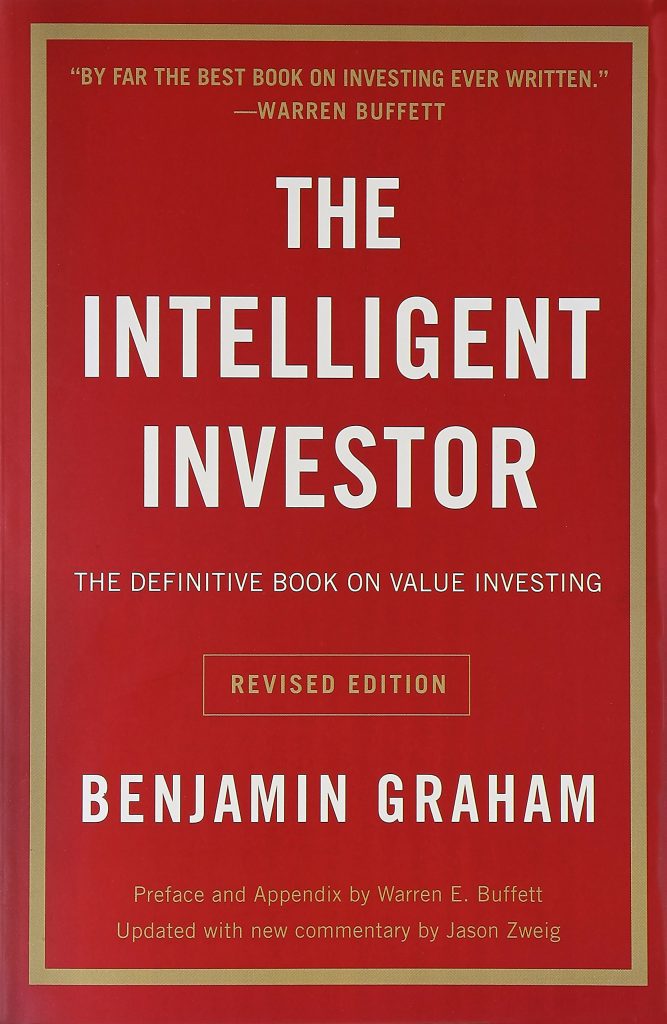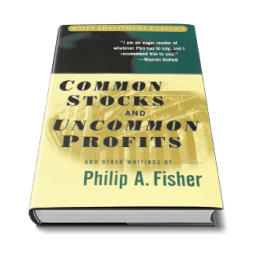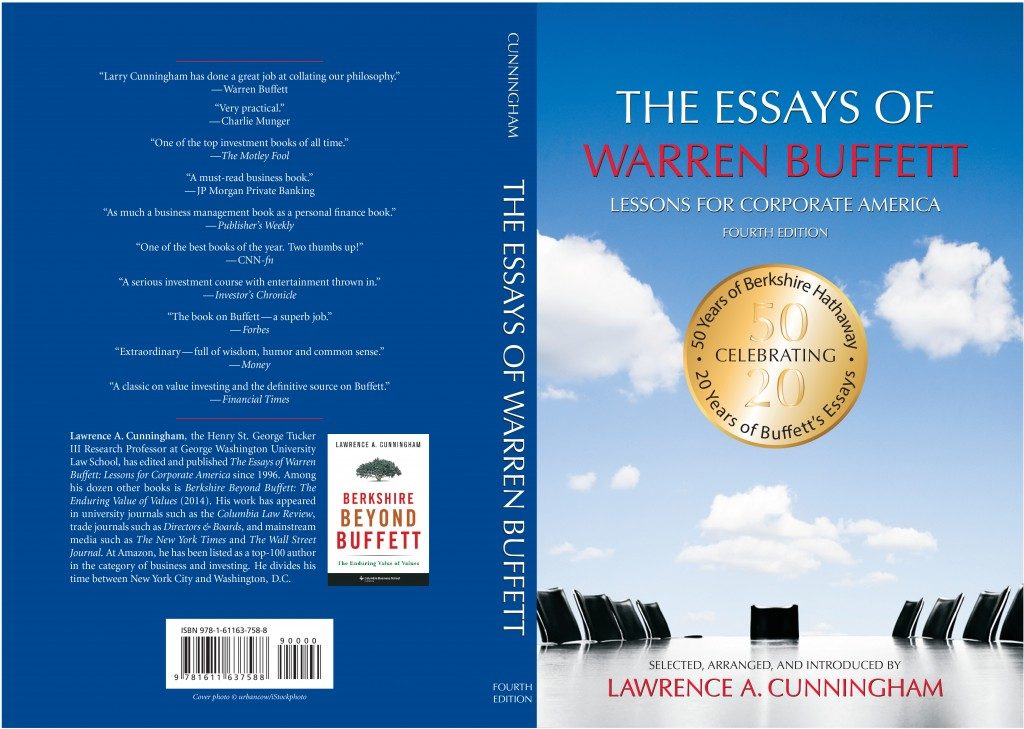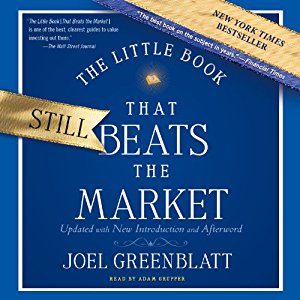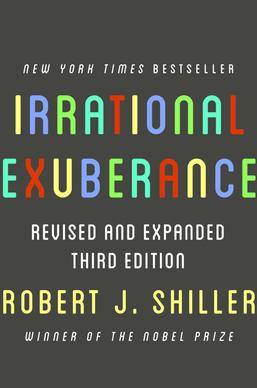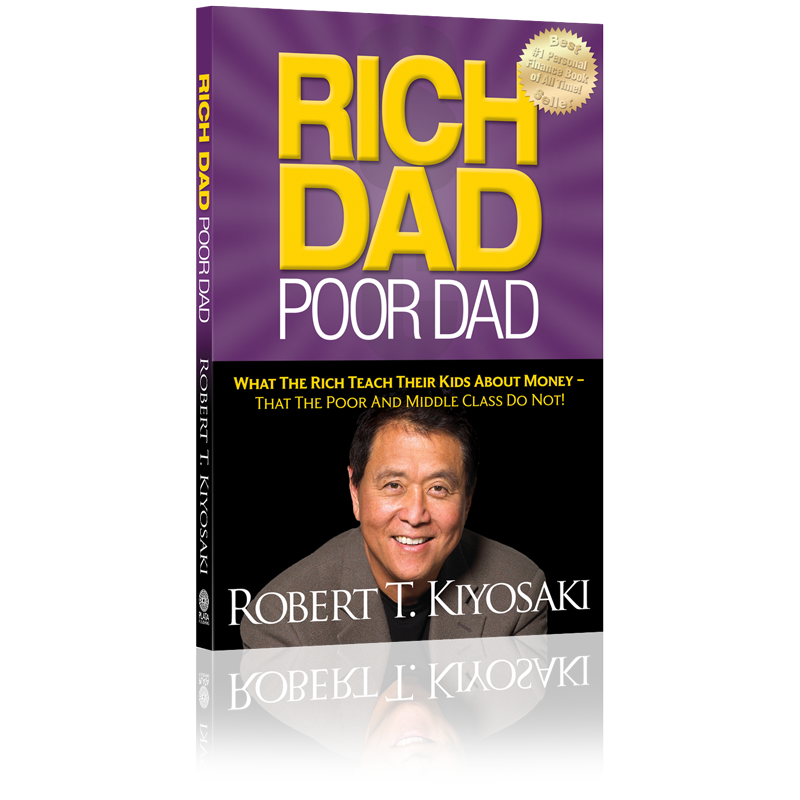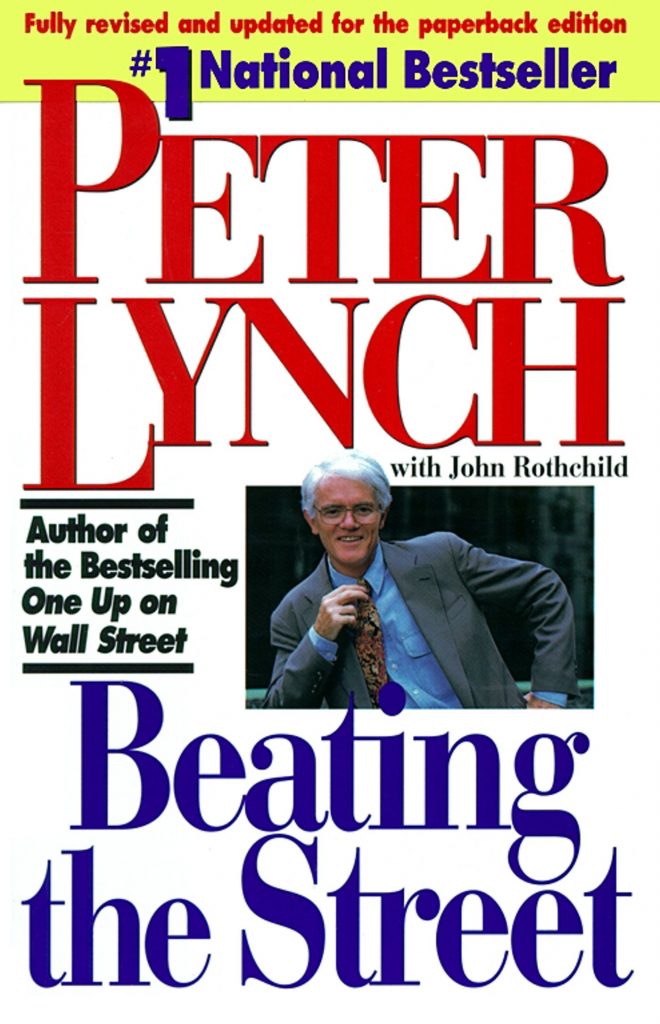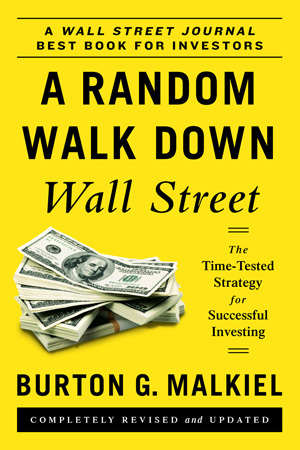
It’s almost counter intuitive for stock market enthusiasts to be on the lookout for classics from the world of investment education. However, the reason why so many financial management students, investment bankers, and investors are keen on reading the most respected and liked books on the subject of investments is that they understand how these books explain the core of the market. Whereas Internet is undoubtedly the chosen medium of education for investors in terms of current events, business news, investigative journalism, investment advice, and online courses (see here), it’s a reading of these books that helps investors actually make sense of everything else.
So, here are the must-reads for any investor.
Benjamin Graham’s “The Intelligent Investor”
He’s called the ‘father of value investing’ for a reason; Benjamin Graham is respected worldwide, and his most respected work is this book. His ideas around security analysis make for a strong base on which several investment careers have been laid, including that of Warren Buffet. Graham published ‘Security Analysis’ in 1934, and wrote ‘The Intelligent Investor’ in 1949, making it much more readable for people not from an investment related background. This book teaches you timeless principles of investments, something that beginners have special reasons to learn. Warren Buffet has famously called this book ‘the best book on investing’ to ever have been written.
Philip Fisher’s “Common Stocks And Uncommon Profits”
Philip Fisher is regarded as one of the key people in the world of investment education. In his book, Fisher presented the basic ideas of analyzing stocks based on the growth potential of the company. This book teaches potential investors every trick in the trade for them to evaluate businesses on their future potential, and how the findings can be applied to the art of building stock portfolios. Though the book is more than 6 decades old, but the principles Fisher explored in it are as relevant today as they were then.
Lawrence Cunningham and Warren Buffett’s “The Essays Of Warren Buffett: Lessons For Corporate America”
Though Warren Buffer seldom comments on his holdings, this book is close he ever got to revealing the real secrets of his stellar success as an investor. In this book, Buffet shares the letters he sent to shareholders, discussing the core principles of his investment decisions, instead of going into explanations on specific choices of stocks. Your investment education reading list can never be complete without this collection of pieces of investing advice from arguably the greatest investor of all times. Also, if you like this book, you might want to give a read to another well-respected and recommended Warren Buffet book – Robert Hagstrom’s “The Warren Buffett Way”.
Joel Greenblatt’s “The Little Book that Beats the Market”
Here’s a book that’s often dismissed as an attempt to over-simplify the art of investing. Joel Greenblatt explains the basics and fundamentals of investing using the most basic mathematical functions. Though this simplification often comes at the cost of failure to factor in subtle yet important parameters that impact stock markets, this is a good read for beginners. That’s because this book can help anybody realize that at the end of the day, investing is about making intelligent decisions based on strong mathematics! Some call it ‘over-simplification’, others find it a good enough reason to read the book because the writer has an investment track record of over 40% returns for 20+ years.
Robert J. Shiller’s “Irrational Exuberance”
In 1996, Alan Greenspan made a now infamous comment, wherein he dismissed stock market valuations as absurd. This book’s title derives from some choice words that Alan had for the absurdities plaguing the market. The claim to fame for ‘Irrational Exuberance’, for a lot of readers, is that it came out in March 2000, and did not mince any words in highlighting the impending dotcom bubble, which eventually happened. Robert Schiller delivers a very important lesson of investing in a unique and captivating manner. He goes to great lengths to explain and to prove that the market, after all, is not rational, and most movements are driven by herd mentality, emotional responses, and speculations. This is the one book that will help you moderate your dependence on pure financial analysis and technical analysis of stock markets, so that you can contextualize the events and make stock picks accordingly.
Robert Kiyosaki’s “Rich Dad, Poor Dad”
A must read especially for young investors, this book has already made its place in financial education’s hall of fame, as much for the valuable lessons it teaches, as for the inimitable narrative that Kiyosaki is able to weave. Among the key lessons that he delivers in this book are the value of working to learn, undertaking exercises in financial literacy, and pursuing financial independence. Also, he talks at length about the corporate rat-race, and how it’s not worthwhile being a part of it. Robert Kiyosaki’s explanation of assets as ‘possessions that you can earn money from’ challenges conventions, and he backs his ideas with a lot of research and strong arguments. Kiyosaki is a strong advocate of investments that bring periodic cash flow and deliver upside in equity value. Dividend bearing stocks and real estate investments are also heavily promoted as favorable in the book. Tax planning is also covered in this book, which makes it all the more enriching for readers.
Peter Lynch’s “Beating the Street”
Peter Lynch doesn’t need introductions; he’s among the most successful hedge fund managers and stock market investors of the 20th century. In his book, published in 1994, Lynch lets readers experience his thought processes while making buy versus sell decisions for stocks. He’s a strong advocate of focused investments in areas one is knowledgeable about, so that one can beat the Wall Street on making the most of a market opportunity. Lynch advises young investors to specialize in research, so that they can equal the investment decision making power of experts, for their unique niches.
Burton G. Malkiel’s “A Random Walk Down Wall Street”
This could well be a ‘shock’ entry for some, that’s because Malkiel’s book is often dismissed as blasphemous in investment circles. The core idea explored in this book is in utter contrast to what you’d expect to find in a book that’s supposed to teach you the art of investing. Malkiel contests that investing in the stock market is like a random walk, and any amount of fundamental or technical analysis will not be of any use in helping people decide on investing strategies. The good part about the book is that the writer backs all his arguments with strong, unbiased, and objective mathematical analysis, piles of statistics, and research findings. More than agreeing with his ideas, read this this book to acquire information that helps you contextualize your understanding of investment concepts, and appreciate how sometimes, the market doesn’t faithfully reflect the principles and ideas explained in most investment education books.

Jim Cramer’s 3 tips for investors who are just starting out
In this list, we’ve focused on including books that give you different flavors of stock market investments education. We’d recommend you read these books in the order we’ve presented them in, and give due important to executing your lessons to understand what works for you and what doesn’t.

